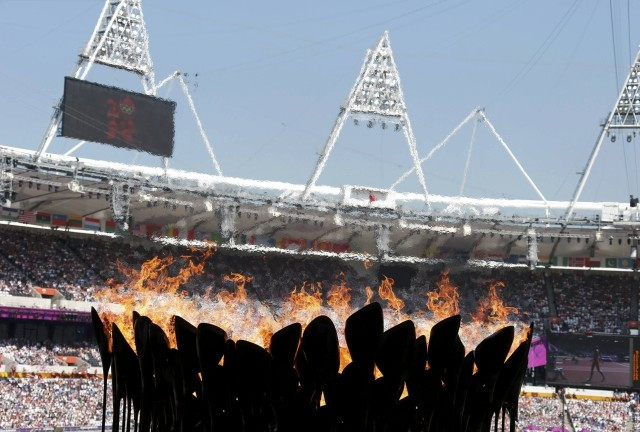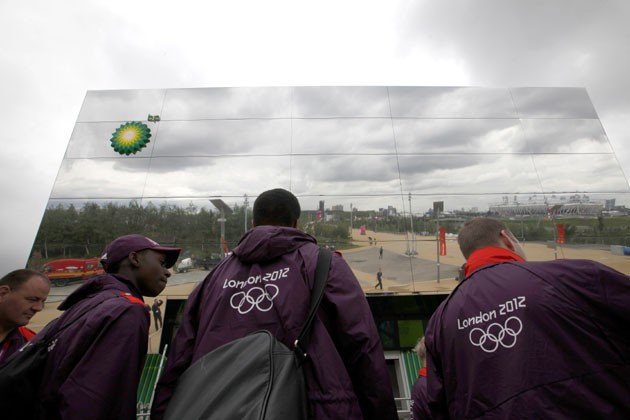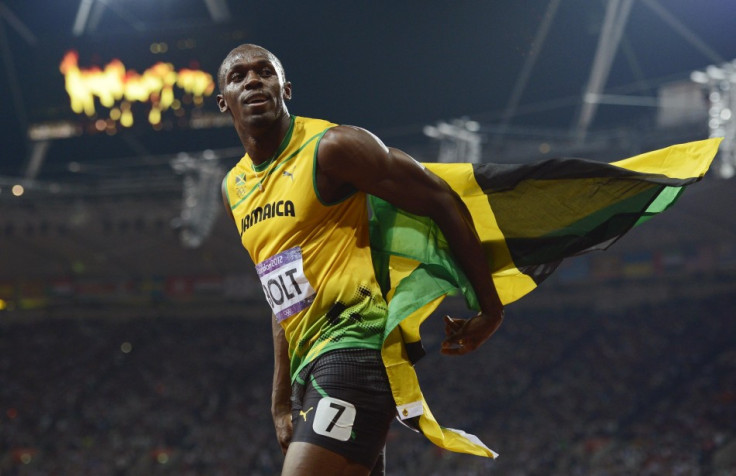London Close to the Perfect Games
Locog promised to deliver a clinical, safe and smooth running London 2012 Olympic Games, but what transpired went far beyond expectation
If the London 2012 Olympic Games proved anything over its 17 days of exhilarating sporting action which united a country desperate for harmony, it was that the old adage of good things coming to those who wait remains reliable.
Having celebrated the winning of the bid at Trafalgar Square in early July, seven years ago, 2012 appeared an age away and, with a seemingly incomprehensible amount of work to be done, the prospect of London hosting the world's greatest sporting event appeared daunting.
But like a flash, venues were constructed. Fears that the building of many of the stadia would mirror the disastrous events surrounding the erection of Wembley Stadium were quickly dismissed as the organising committee, led by the charismatic Lord Sebastian Coe, delivered venues on time, on budget; and the British irregularities didn't stop there.
Less than 24 hours after learning of London's success in the International Olympic Committee voting process, the city was thrown into chaos as a series of bomb attack on the transport network killed more than 30 people. The stark reality of being a city thrust into the spotlight had rung true less than a day after being handed the keys to the Olympic Games.
Two of the greatest challenges Locog faced surrounded how they could deliver a Games which ensured safety while not grinding to a halt a city whose transport system which at the best of times appeared fragile and vulnerable.

While the issues were only partially entwined, both were dealt with undeniable efficiency. The problems surrounding the security recruitment firm G4S were swiftly resolved by employing the British army at venues up and down the country.
Regardless of what you might say about the problems the self-professed leading international security solutions group encountered, there's little doubt the result left the venues secure, and attendees, even amid airport style security measures, at ease.
Often on the receiving end of criticism from commuters throughout the capital, it's fair to say Transport for London excelled like a champion thoroughbred in a pressure situation. It again underlined the organisation and thought that had been put into the Games; something the travel sector in London has is regularly devoid of. The scare tactics TFL used to warn workers traveling in the Games hot-spots led to deserted trains and roads. While he's at it, Mayor Boris Johnson might even take credit for the scorching weather.
The real heroes of London 2012 however came in the form of 70,000 volunteers and the millions who turned out for events around the country. Bright eyed, enthusiastic, informative and witty, the Games makers were unquestionably the success story of the 17-day event and with crowds from Weymouth to Box Hill to Eton Dorney at record levels despite swathes of empty seats in some venues, the people's games became a reality.
With the infrastructure in place, it was therefore no surprise that we enjoyed a spate of sporting brilliance our shores will never encounter again, and with the help of a successful host nation; a necessity of any successful major sporting event, we encountered thrilling atmospheres up and down the country.
London played host to the greatest Olympian ever, in 18-time gold medallist Michael Phelps, the most successful British Olympian in history in Sir Chris Hoy and the fastest man in the world, Usain Bolt.

Inaccurate it might be to suggest Phelps was consistently at his invincible best at the aquatics centre, as he chased down another seven gold medals, but as we saw chinks in the armour that both exposed the depth of talent coming through, in Ryan Lochte and Chad Le Clos, it also helped lift the American to new heights as he claimed four golds to cement his legacy.
Hoy had shown similar deficiencies since his three gold medals in Beijing; relinquishing his role as Britain's No.1 sprinter as the twilight of his career grew ever nearer. Like every great champion, he roused himself for one last hurrah. If playing the anchor role for the team sprint showed his speed had yet to desert him, his keirin victory revealed his hunger had been far from extinguished either.
Like the aforementioned duo, Bolt had questions over his ability to dominate like he did in Beijing hanging over himself following his false start in Daegu and the emergence of Jamaica's sprint-king apprentice; Yohan Blake. The master swatted away Blake's advances to become the greatest sprinter in Olympic history.
Add to that the achievements of the young pretenders; Ye Shiwen, Missy Franklin and Ruta Meilutyte in the pool, Kirani James and David Rudisha on the track, and Laura Trott on the bike and the Games truly did inspire the new generation.
It's a strapline which will follow these Games until a defining legacy can be realised, and one that will represent a true barometer of its success. While the organisation and the talent on show arguably makes London 2012 among the greatest Olympics of all time, rubber stamping the endorsement can only come by securing the future of sport.

An emphasis on changing the way sports clubs are run; making them less exclusive and putting considerable focus on its young attendants, rather than looking after the loyal members, must be introduced.
Meanwhile, schools should again become the honing ground for Britain's stars of the future, with two hours of sport per week made compulsory while investment in facilities must continue to come via the National Lottery and Sport England.
Just like with the Olympics themselves, throwing money at the situation at elite level, which could again recoup a deluge of medals, might inspire, but it must support a structure where grass roots level sport is backed like never before.
The success in 2012 came as a result of the National Lottery's introduction and the stress put on school sport; further success, not in Rio but beyond, is dependent on the correct polices being put in place.
To be regarded as the greatest ever, plans must be put in place to ensure the wave of triumph from London 2012 is used a catalyst to confirm a lasting legacy. As for the extravaganza of the Olympic Games, please come again soon.
© Copyright IBTimes 2025. All rights reserved.





















